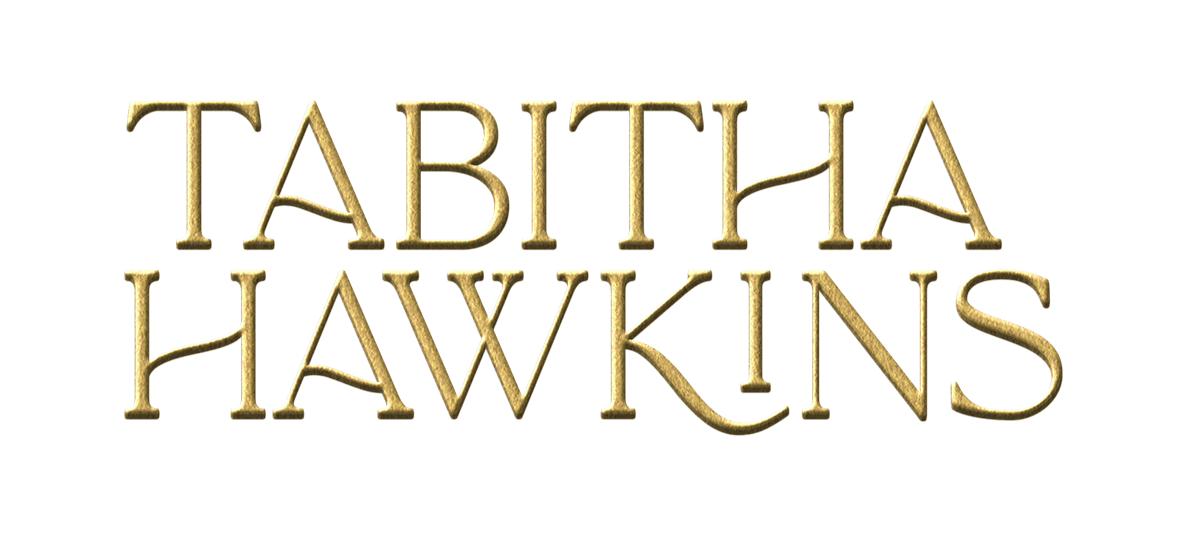Despite being raised in one of the most racially divided cities in the country, I grew up paying very little attention to race. Although I was aware of the invisible lines that separated some people by neighborhood, race, and socio-economic background — I grew up in a suburban bubble, where I was surrounded by family and friends every shade.
Obviously, I heard the stories of crazy things happening, but it wasn’t a few years ago that I had a traumatic experience with racism — one that actually got to me. Sure, I’d had some unpleasant experiences, but nothing horrifying. Yes, I was concerned about raising a black son, who would grow up to be a black man in America. Yes, I worried about my brothers, cousins, and friends who are black men — but I couldn’t relate because that wasn’t my experience or worldview. Yes, I’m a black woman, but even I have the luxury of not being targeted the way black men are.

For those reasons, I made a conscious decision to teach my children to focus less on race, and more on who a person is. When my kids would come home and talk about new friends, they’d tell me about common interests, unusual talents and clever jokes the friend told. Whenever they’d start to describe what they look like, they would say “she has curly hair like me” or “he has brown eyes and is lighter”, or even she’s kind of light, and kind of brown”. They never spent more than a few seconds describing physical appearances, and they didn’t look at race a black or white — to them a lighter friend could be white, Hispanic, Asian, Native American, Mediterranean, black, etc. — and a brown or kind of brown friend could be white, Hispanic, Asian, Native American, Mediterranean, black, etc.
It wasn’t until Chloe, now 14, was in third grade that someone told Chloe that she was black. Her class had been doing self-portraits, and Chloe colored herself with a tan crayon. One of her classmates asked her why she chose that color, and she put the crayon against her skin and said, “because I’m tan”. The little girl, who was white, was also coloring herself tan and told Chloe, she should choose the brown or black crayon because she was black. Several of her friends, who were also white, stood up for her, but Chloe came home distraught and told me the story. She cried hysterically because she’d felt humiliated and the 20-something, no chill version of me said, “you should’ve asked her why she was worried about what color you chose to draw yourself, or why she was coloring herself tan, when she could’ve chosen peach”. She immediately stopped crying and started smiling. She said, “yeah mom, that makes sense”.
That was the first and last time Chloe’s were hurt by someone who in her words “whose opinion about me doesn’t matter”, and it taught her three valuable lessons:
What other people think of you is not your business.
You can’t change the way a person thinks or feels, and it’s a waste of time to try. You define who you are, and the only thing that matters is what you think of you.
“What someone else eats doesn’t make me sh*t”.
My dad used to say this to my younger brother and me all the time, and it’s so true. It basically means mind your own damn business. If a person’s actions or choices don’t impact me, I don’t need to insert myself. Hence the reaction above when I asked Chloe “why is she worried about what color you chose to draw yourself”. Worry about you. Mind your business.
Anybody can be a friend and anybody can be an enemy.
Friends and enemies come in all shades, and wolves come in sheep’s clothing. Race has nothing to do with whether or not a person has a good heart. I always say, “if you’re looking for a reason not to like me, don’t let it be because I’m black. Spend five minutes with me, and I’m sure you’ll find something else”. This is real.

Chloe gets the race thing now, it just hasn’t changed anything. She still has family and friends of every shade — I mean this literally. Every person in our house is a different shade. I wasn’t hiding her blackness from her. I just didn’t, and still don’t think it important to define people by race. I mean, yes I refer to myself as black, because that’s the world we live in and I couldn’t care less about the semantics of it all. I do it because it’s simpler than running down the list of my ethnic background, and when people see me they see black.











